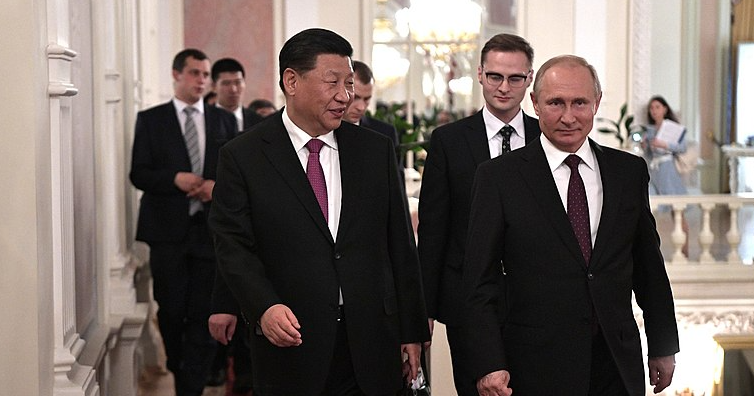Vladimir Putin’s grand visit to China ended without the key agreement the Kremlin has long awaited.
Others are reading now
Despite making the trip to Beijing just a week after his inauguration for a fifth term, and bringing nearly all key government officials with him, Putin failed once again to secure a deal for additional Russian gas supplies and the construction of the “Power of Siberia-2” pipeline.
High Hopes and Disappointments
Back in spring 2023, during Xi Jinping’s visit to Moscow, Putin proposed increasing China’s gas purchases to 100 billion cubic meters annually and claimed that the new pipeline project was “highly advanced.”
However, even after another visit to China in October 2023, where the pipeline was discussed, no concrete agreements were reached.
Once again, the Russian president returned empty-handed. Xi Jinping did not mention Russian gas in his post-meeting statement.
Also read
The joint declaration on “deepening comprehensive partnership relations” merely stated that Russia and China are ready to “develop cooperation” in natural gas, emphasizing that it should be on a “market basis.”
A Long-Awaited Project Stalled
The “Power of Siberia-2” pipeline, with a capacity of 50 billion cubic meters per year, has been under discussion since 2015, but no progress has been made.
Putin insists that China is interested in the pipeline: “China’s economy is growing and needs energy resources to sustain this growth. There is nothing more reliable than supplies from Russia.”
According to Putin, Moscow and Beijing have yet to agree on the route.
“There are different routes to consider. Experts need to decide the best course,” he stated. Additionally, Russia has proposed extending an oil pipeline alongside the gas pipeline through Mongolia.
Financial Disputes at the Core
The real reason for the delay in the “Power of Siberia-2” project is China’s reluctance to invest a single yuan in the new pipeline, pushing Russia to foot the entire multibillion-dollar construction bill while demanding discounts on Russian gas.
“Beijing knows it can dictate terms and is in a significantly stronger position than Russia,” a source told The South China Morning Post.
The gas that Gazprom has been supplying to China since 2019 via the “Power of Siberia-1” pipeline is already nearly half the price compared to European countries.
In 2023, the average price for China was $297.3 per thousand cubic meters, versus $501.6 for Europe and Turkey. This year, the discount for China is projected to increase to 46%, making the gas from “Power of Siberia” cost $271.6 per thousand cubic meters, compared to $481.7 for Turkey and Europe.
Gazprom’s Desperate Need
Gazprom desperately needs the Chinese contract, having lost the European market, slashing gas exports to the lowest since 1985, and recording a production drop to a three-decade low.
Last year, Gazprom posted a net loss for the first time in 25 years according to International Financial Reporting Standards (IFRS), amounting to 629 billion rubles—the largest in the company’s history.
In 2023, Gazprom delivered 22 billion cubic meters of gas to China, which only compensated for one-eighth of its former exports to Europe, which peaked at 170-180 billion cubic meters annually.


